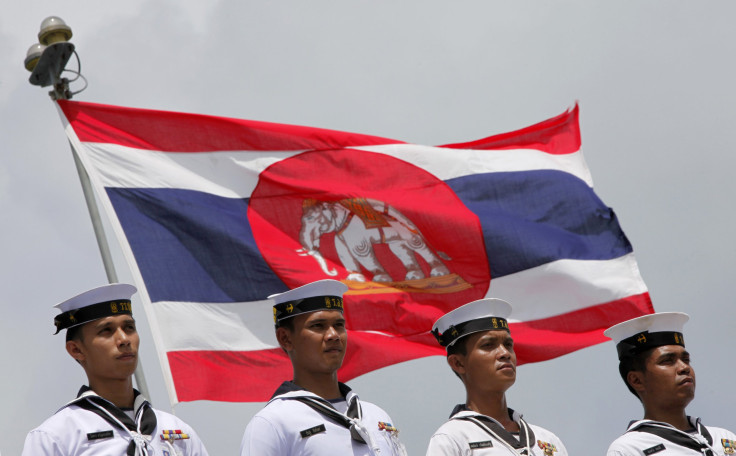Thailand-China Submarine Deal Suspended Following Concern Over Jeopardizing Ties With Washington

The Royal Thai Navy announced Thursday that the government has suspended action on the high-profile one billion dollar submarine deal with China, which was still seeking final approval from the cabinet. The decision to put the deal on hold came after domestic and international experts expressed concern over how the deal with Beijing would affect Bangkok’s relations with the U.S.
“We will wait for now and not introduce it to the cabinet for approval,” Prawit Wongsuwan, the deputy prime minister and defense minister, said, according to a report by China’s state-run Global Times. Wongsuwan reportedly also added that the Royal Thai Navy (RTN) would continue to conduct research on the suitability of the deal and weigh the costs and benefits to the country before finalizing the deal, according to Thailand’s Public Broadcasting Service.
“It’s clear that the U.S. definitely does not want to see any closer cooperation between China and Thailand, especially in terms of military and defense,” Li Haidong, a professor at the China Foreign Affairs University told the Global Times, who added that it is “understandable and predictable” that Thailand reacted this way because the U.S. diplomacy was a very important priority.
Is #China's new submarine deal with #Thailand now in peril? by @TheAsianist: http://t.co/9Y1Lw5RF0U pic.twitter.com/o1AXJdFN12
— The Diplomat (@Diplomat_APAC) July 15, 2015Historically, Bangkok has been a crucial ally for the U.S. in the Asia Pacific region, a relationship that is reciprocated by Thailand. However, China’s growing status as a global economic, political and military power has made Beijing an appealing regional partner to Thailand.
Now, bilateral ties between Beijing and Bangkok have been overshadowing those between Washington and Bangkok amid political turmoil following the 2014 coup that ousted Prime Minister Yingluck Shinawatra and put Prime Minister Prayuth Chan-ocha in power. The U.S. has explicitly expressed a reluctance to work with the new prime minister and have pulled back involvement when it comes to their annual military drills, the Cobra Golden Exercise.
© Copyright IBTimes 2025. All rights reserved.






















